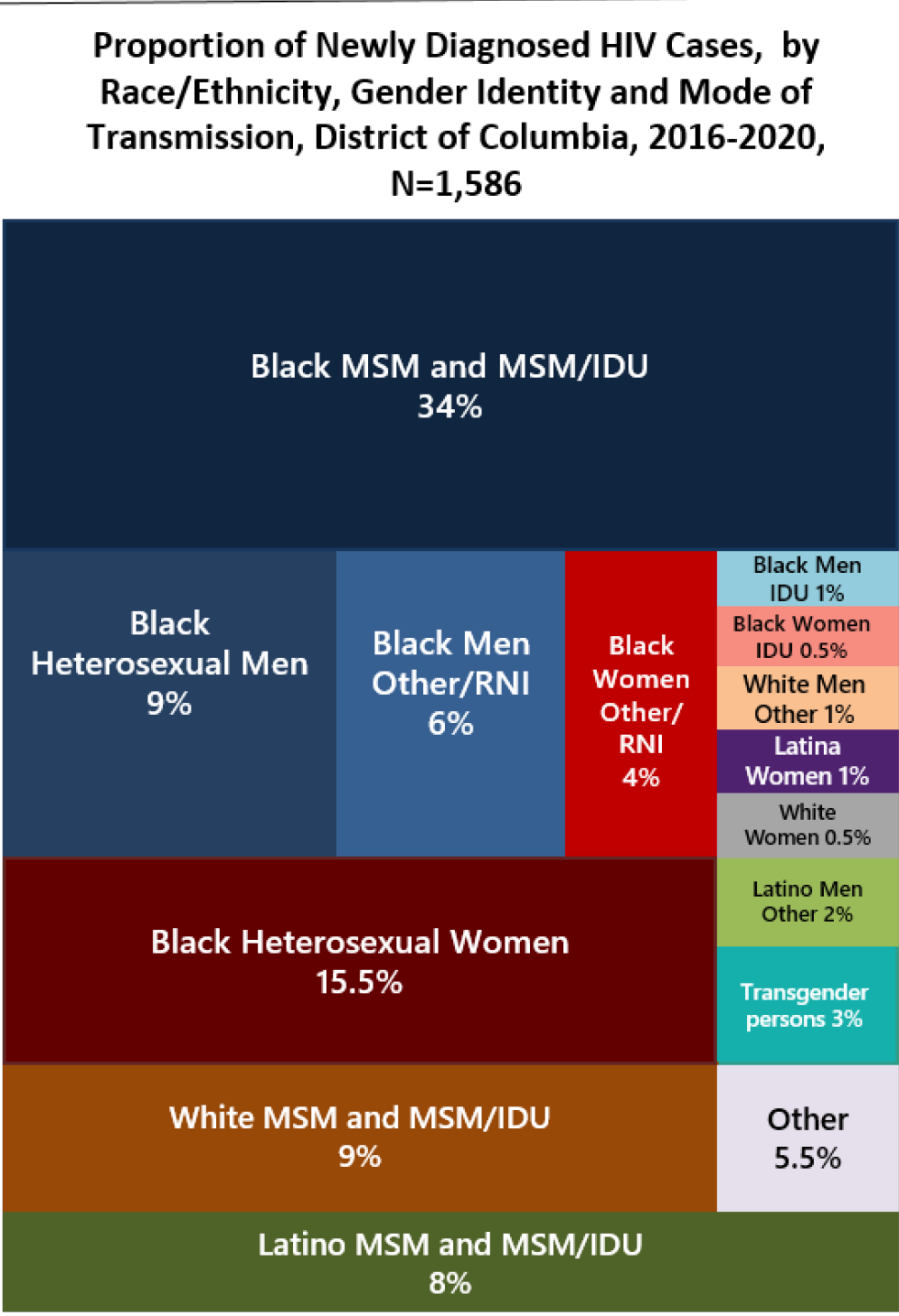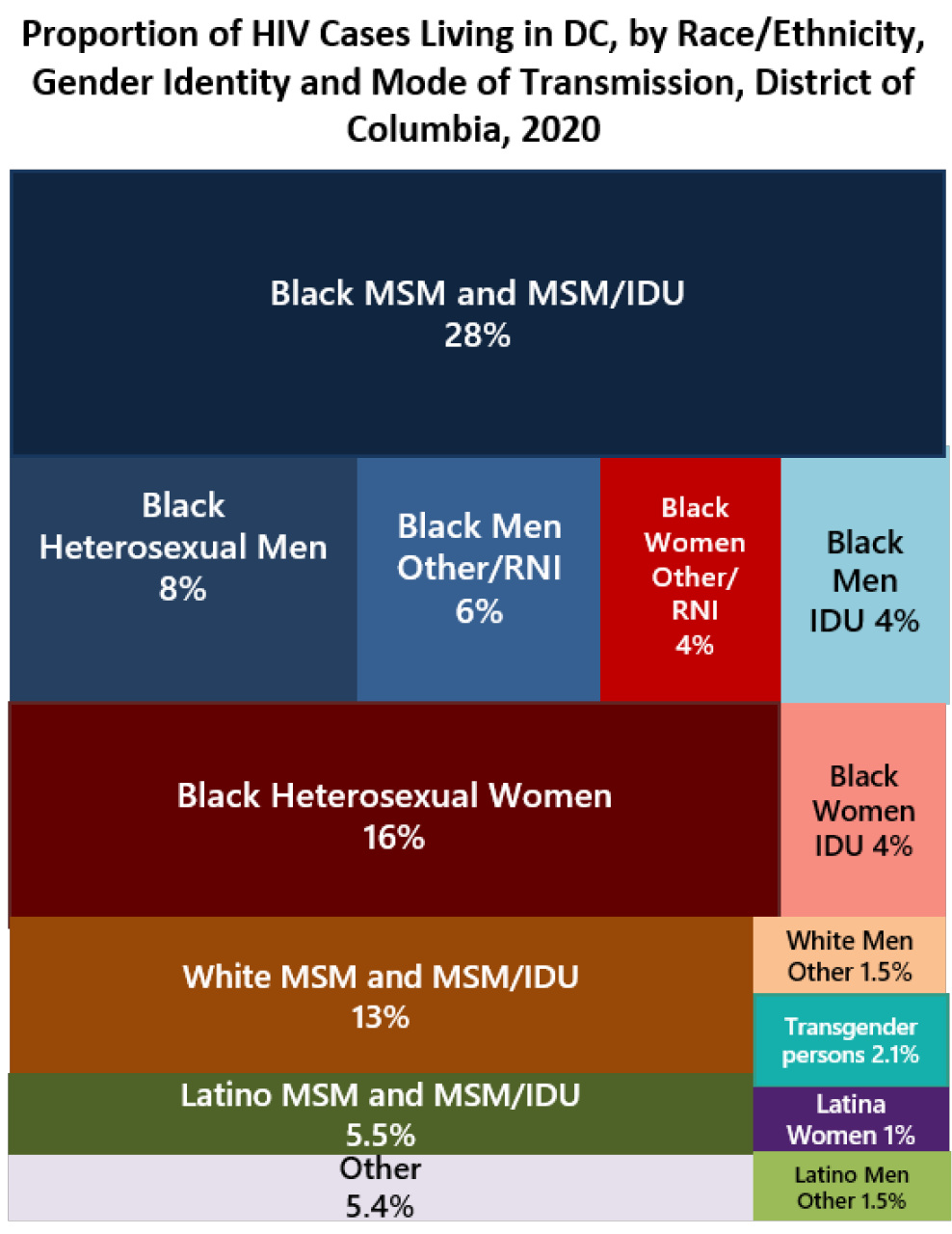Liberation as Practice: Local Action and HIV/AIDS
By Christopher Williams
Public Health Liberation upholds the inherent right to speak about human suffering and to seek relief. It forms a model of practice in which individuals engage with issues of health equity with the resources that are available to them. It does not require mass mobilization, grant funding, or long-term commitments, although it can.
I was working with Public Health Liberation interns on their research projects and stumbled across startling racial and intersectional disparities in HIV burden in Washington, DC. A DC Department of Health report has shown ongoing challenges in racial health equity. Since I run a community-based, social justice newsletter as the editor-in-chief, I sent a letter to the director of the DC Department of Health to call for more resources and interventions for these population.
Public Health Liberation encourages advocates to engage in such liberation practices.
March 11, 2022
[Redacted name]
Director, DC Department of Health
cc: DC Council Committee on Health, Phil Mendelson, doh@dc.gov, George Kerr III - DC CFAR Community Partnership Council (CPC) Chair
Addressing HIV/AIDS and Racial/Intersectional Disease Burden: Call for a Specific Strategy
Dear Director [Name]
The latest Annual Epidemiology & Surveillance Report of HIV/AIDS, Hepatitis, STD, and TB Administration (HAHSTA) highlights the tremendous progress in the District addressing the HIV/AIDS epidemic. The mortality and incidence rates have declined steeply in the last decade. However, the data show startling racial and intersectional disparities, as the tables in the report illustrate (below). Southwest Voice calls on the Department of Health to explore more tailored, evidence-based interventions to address the HIV burden among Black residents, Black men who have sex with men, and Black heterosexual women. Black MSM are 34% of newly diagnosed HIV cases, followed by Black heterosexual women (15%). Increasing screening among this population could theoretically explain these trends, but that does not appear to be an effect since the report acknowledges “disruptions to screening services”. Comprehensive HIV testing, linkage to care, retention in care and adherence interventions for black MSM have shown to be more effective over behavioral interventions (Source). Black women are increasingly acutely vulnerable, accounting for 60% of newly diagnosed HIV cases among US women. We implore DOH to commit more HIV/AIDS training, resources, and population-based strategies to reduce the high burden of disease among these populations.
Sincerely,
Chris Williams
Editor-in-Chief, Southwest Voice
Source: DC Health Annual Epidemiology & Surveillance Report
Source: DC Health Annual Epidemiology & Surveillance Report



